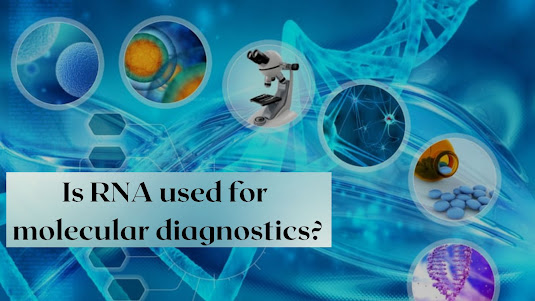How sleep repairs damaged DNA in the brain?
Deoxyribonucleic acid
is a polymer composed of two polynucleotide chains that coil around each other
to form a double helix. The polymer carries inheritable instructions for the
development, performing, growth and reduplication of all known organisms and
numerous contagions. DNA and ribonucleic acid are nucleic acids.
DNA damage is defined as any revision of DNA that changes its coding parcels or normal function in recap or replication. DNA damage can affect normal cell replicative function and impact rates of apoptosis (programmed cell death, frequently appertained to as' cellular anility'). Alternately, damage to inheritable material can affect in disabled cellular function, cell loss, or the metamorphosis of healthy cells to cancers.
DNA bases can be damaged by
• oxidative processes
• alkylation of bases
• base loss caused by the hydrolysis of bases
• big adduct conformation
• DNA crosslinking
Utmost damage to DNA is
repaired by junking of the damaged bases followed by resynthesize of the gutted
region. Some lesions in DNA, still, can be repaired by direct reversal of the
damage, which may be a more effective way of dealing with specific types of DNA
damage that do constantly.
Enzymes known as DNA glycosylases
remove damaged bases by literally cutting them out of the DNA beachfront
through fractionalization of the covalent bonds between the bases and the
sugar- phosphate backbone. The performing gap is also filled by a technical
form polymerase and sealed by ligase.
During sleep, neuronal
exertion is lower overall and accompanied, Aβ is removed via the glymphatic
system, and chromosome stir is increased by two-fold. Increased chromosome
movement leads to the form of DSBs in the genome.
A platoon of Israeli
experimenters has set up that one of the reasons that sleep could be so
important to creatures including humans is that it takes neurons' offline' so
DNA damage accumulated during waking hours can be repaired.




Comments
Post a Comment